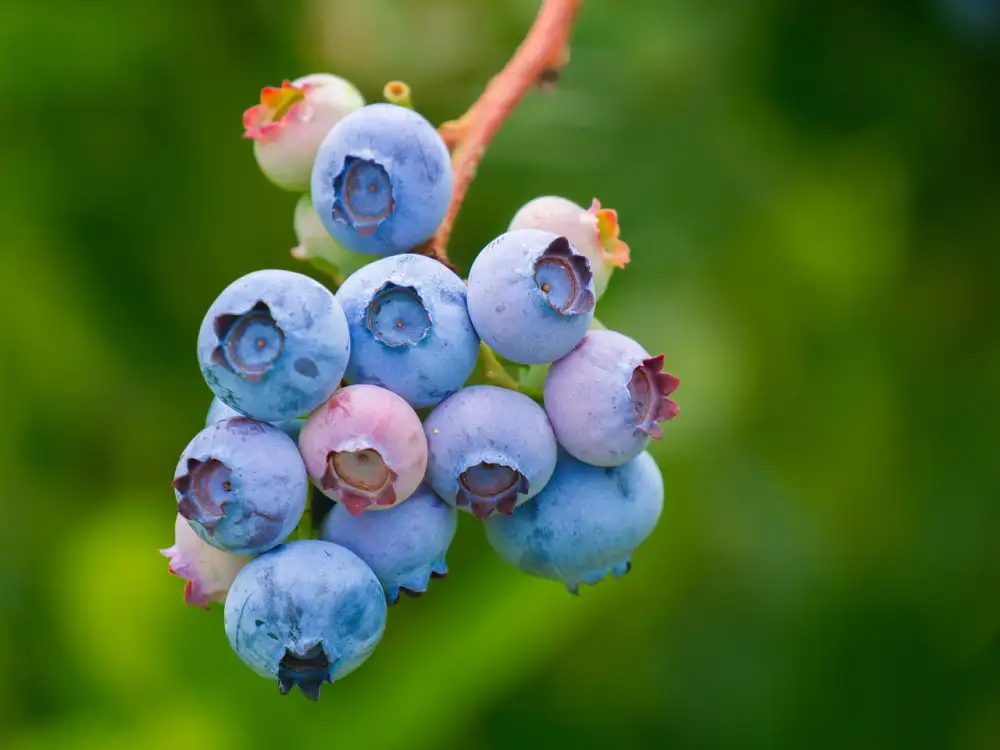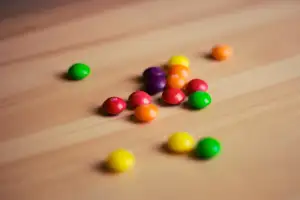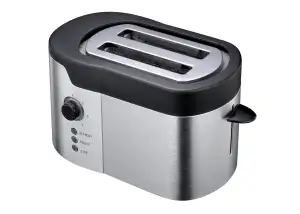Say Goodbye to Fruit Flies: Expert Tips for Eliminating Pesky Pests at Home

Fruit flies, scientifically known as Drosophila melanogaster, are small insects that are commonly found in homes, particularly during the warmer months. These pests are attracted to ripe or fermenting fruits and vegetables, as well as sugary substances like spilled juice or soda. Fruit flies have a short lifespan of about 8-10 days but reproduce rapidly, with females laying up to 500 eggs near decaying organic matter. Their presence can be not only annoying but also unhygienic if left unchecked. In this article, we will explore expert tips for eliminating these pesky pests from your home effectively.
Identify the Source of Infestation
Identifying the source of a fruit fly infestation is crucial in effectively eliminating these pesky pests from your home. Fruit flies are attracted to fermenting fruits and vegetables, as well as moist and sugary substances. Check for any overripe fruits or vegetables left out on countertops or in the trash that may be attracting fruit flies. Additionally, inspect drains, garbage disposals, and recycling bins for any organic matter buildup that could be harboring fruit fly eggs. By pinpointing the source of the infestation, you can take targeted steps to eradicate the problem at its root.
Remove Overripe Fruits and Vegetables
To effectively eliminate fruit flies from your home, it is crucial to remove overripe fruits and vegetables that serve as breeding grounds for these pests. Fruit flies are attracted to the fermentation process of decaying produce, making it essential to promptly discard any items that have passed their prime. Be sure to regularly check your fruit bowl, refrigerator, and pantry for any signs of spoilage. By eliminating these food sources, you can significantly reduce the population of fruit flies in your living space.
Clean and Seal Food Containers
To prevent fruit flies from infesting your kitchen, it is crucial to clean and seal food containers properly. Make sure to store fruits and vegetables in airtight containers or in the refrigerator. Wipe down the exterior of containers regularly to remove any residue that may attract fruit flies. Additionally, ensure that all pantry items are tightly sealed to prevent access for these pests. By maintaining a clean and organized kitchen space, you can effectively reduce the risk of fruit fly infestations.
Use DIY Traps like Apple Cider Vinegar
Fruit flies are attracted to the sweet scent of fermenting fruits and vegetables, making them a common nuisance in households. To effectively trap these pesky pests, you can create DIY traps using apple cider vinegar. Simply pour a small amount of apple cider vinegar into a bowl or jar, cover it with plastic wrap, and poke a few holes in the top. The fruit flies will be lured by the vinegar's aroma and become trapped inside. This method is an inexpensive and eco-friendly way to reduce fruit fly populations in your home. Remember to empty and refresh the traps regularly for optimal results.
Maintain Clean Kitchen Surfaces
Maintaining clean kitchen surfaces is essential in preventing fruit fly infestations. Fruit flies are attracted to food residue, spills, and crumbs left on countertops, sinks, and floors. Regularly wipe down surfaces with a mixture of water and vinegar to deter fruit flies. Make sure to clean up any spills or food debris immediately. Keep trash cans tightly sealed and empty them regularly to avoid providing breeding grounds for fruit flies. By keeping your kitchen clean and free of food sources, you can effectively reduce the risk of fruit fly infestations in your home.
Consider Natural Repellents like Essential Oils
Essential oils have been found to be effective in repelling fruit flies due to their strong scents that these pests find unpleasant. Oils such as peppermint, lavender, eucalyptus, and lemon are known for their insect-repelling properties. To create a natural repellent, mix a few drops of essential oil with water in a spray bottle and spritz it around areas where fruit flies tend to gather. The scent will deter them from entering your home. Additionally, placing cotton balls soaked in essential oils near infested areas can also help keep fruit flies at bay. These natural repellents offer a safe and chemical-free alternative to traditional insecticides.
Consult with Pest Control Professionals if Infestation Persists
If despite your best efforts the fruit fly infestation persists, it may be time to consult with pest control professionals. Pest control experts have the knowledge and experience to effectively identify the root cause of the problem and implement targeted solutions to eliminate fruit flies from your home. They can also provide guidance on preventive measures to avoid future infestations. Don't hesitate to seek professional help if you find yourself unable to get rid of these pesky pests on your own.
In conclusion, fruit flies can be a nuisance in any home, but with the right strategies, you can effectively eliminate them. By identifying and removing the source of infestation, such as overripe fruits and vegetables, you can significantly reduce their numbers. Keeping food containers clean and sealed will also help prevent fruit flies from accessing potential breeding grounds. DIY traps using apple cider vinegar are a cost-effective way to catch fruit flies.
Maintaining clean kitchen surfaces and considering natural repellents like essential oils can further deter these pests from lingering in your home. However, if the infestation persists despite your efforts, it may be necessary to consult with pest control professionals for more advanced solutions. Remember that prevention is key - regularly disposing of ripe produce, keeping kitchen areas clean, and sealing food properly are essential steps to avoid future fruit fly problems.
Published: 19. 03. 2024
Category: Home



